You’ve worked hard and paid your taxes for decades, and now you deserve to be looked after by the State, with a monthly pension, and enjoy your retirement.
But maybe your home is a bit old and draughty. Maybe, with the recent cost of living increases, you’re worried your pension isn’t going to be enough to pay the monthly bills, keep food on the table and keep your home safe, warm and comfortable this winter.
If you are feeling this way, you’re not alone.
According to the June 2022 Economic and Social Research Institute (ESRI) Energy Poverty and Deprivation Report, vulnerable rural populations – including our elderly family members, friends and neighbours – are at a high risk for experiencing energy poverty this winter.
What is energy poverty?
Energy poverty occurs when energy and fuel bills represent a high percentage of a ?consumer’s income. This affects the ability to pay for other necessities. According to the ESRI report, there are two types of energy poverty in Ireland: self-reported energy deprivation and expenditure-based energy poverty. “Self-reported energy deprivation is more likely to capture households going without adequate energy, while energy poverty captures those spending a large portion of their disposable income on energy,” explains ESRI researcher and co-author of the report, Barra Roantree.
“We estimate that electricity and gas increases between January 2021 and April 2022 amounted to €24.20 per week on average for those in rural areas, compared to €19.21 for those in urban areas, with subsequent increases likely to follow similar patterns.”
ALONE
We know that electricity and gas prices are due to rise by an additional 26.7% and 37.5%, respectively, from 1 October, 2022.
Solid fuel, on which many older rural citizens still rely for home heating, has also risen drastically. The price of coal has more than doubled in the space of a year, thanks to commodity prices and an increase in demand (among other reasons). We’re seeing similar increases in wood fuel.
Research from seniors’ charity ALONE tells us Ireland’s elderly population are increasingly worried about the cost of living. A recent survey of the elderly citizens with whom they work indicates 92% are most concerned about paying their energy bills.
The charity says they are hearing accounts of seniors turning off refrigerators, refraining from using gas cookers and cutting back on things perceived to be too expensive (like meat or washing powder). ALONE CEO Seán Moynihan says rural senior citizens are consistently facing financial hardship.
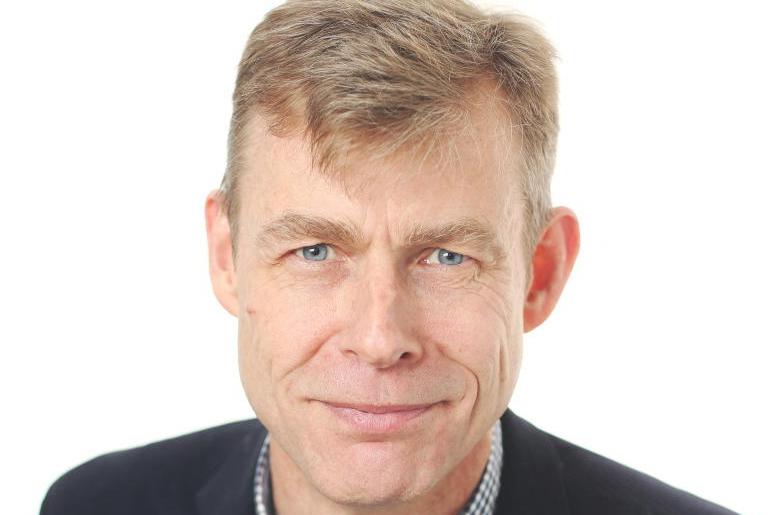
Sean Moynihan.
“A person living alone in receipt of only the State pension is living below the poverty line in rural Ireland,” he states.
“The cost of living increases have hit people in rural areas harder as energy costs, food and transport affect their budgets even more.”
Increase state pension
In its 2023 budget submission to the Government, the charity is calling to increase the state pension entitlement, increase the 28-week fuel allowance season to 35 weeks (and increase the weekly amount by €20 – the allowance is currently €33) and commit to benchmarking the Living Alone Allowance to one quarter of the State pension, among other recommendations.
“We welcome any measures by Government to alleviate the spiralling costs of energy, but all evidence points to targeted measures having the greatest impact,” Seán says.
Active Retirement
Peter Kavanagh is head of communications and public affairs for Active Retirement Ireland. He says energy-saving and retrofitting solutions presented by the Government, up to now, do not meet the needs of Irish senior citizens.
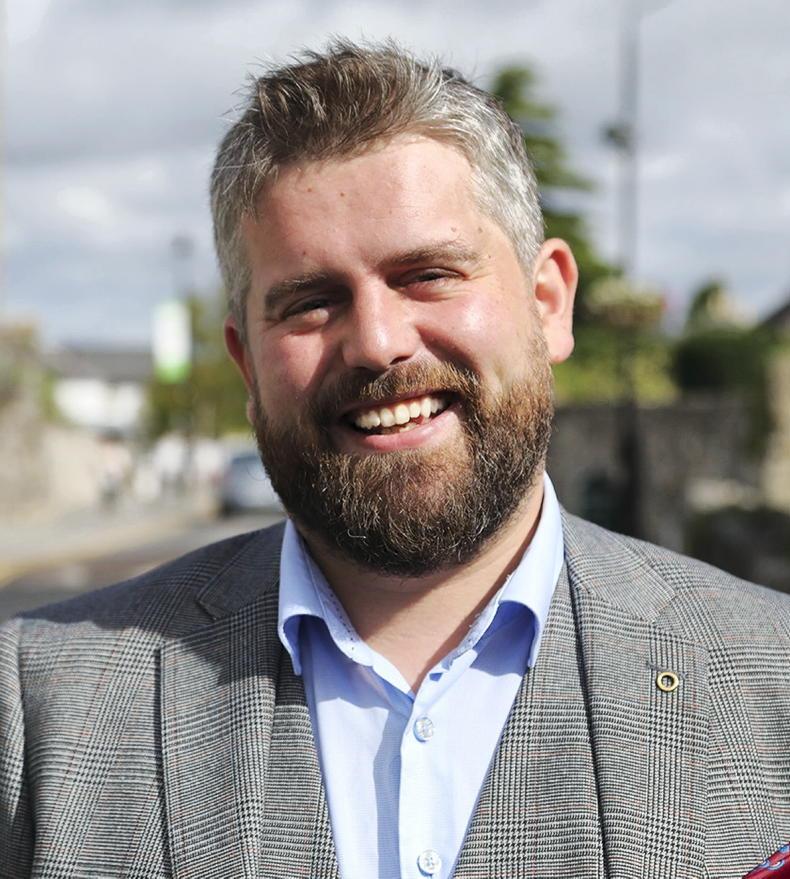
Peter Kavanagh.
“Solar panels, external insulation – if you’re struggling to pay the heating bill, that level of cash fluidity isn’t there,” he explains. “If they’re serious about helping the most vulnerable they need to be up-fronting the costs of these adaptations.”
Peter adds that while the fuel allowance has been topped up, it hasn’t been increased to where it needs to be.
“If increased [in accordance with energy price increases], we’d be looking at €1,500 per year in fuel allowance,” he explains (the current fuel allowance total is €924).
“Energy prices have almost doubled, but the winter fuel allowance hasn’t – it’s just been topped up. So with the winter fuel allowance and the cost of heating your home – the pension still doesn’t cover it.
“Many seniors are preparing to wear their coats inside this winter,” he continues.
“We’re looking at people getting sick or potentially dying because of fuel poverty. And yet [our major energy companies] have posted record profits. So the question is: why is this allowed? The Government and regulator have signed off on these increases and those least able to afford it are carrying the can.”
The Community Foundation for Ireland
The Government is expected to make announcements regarding cost of living and energy price increases in the near future, and June’s ESRI report has been a foundation on which future policy and changes will hopefully be based.
Political agenda
Denise Charton, chief executive of The Community Foundation for Ireland (who funded the ESRI report), says, when first published, its research was the focus of debate in the Oireachtas and moved the issue to the top of the political agenda.
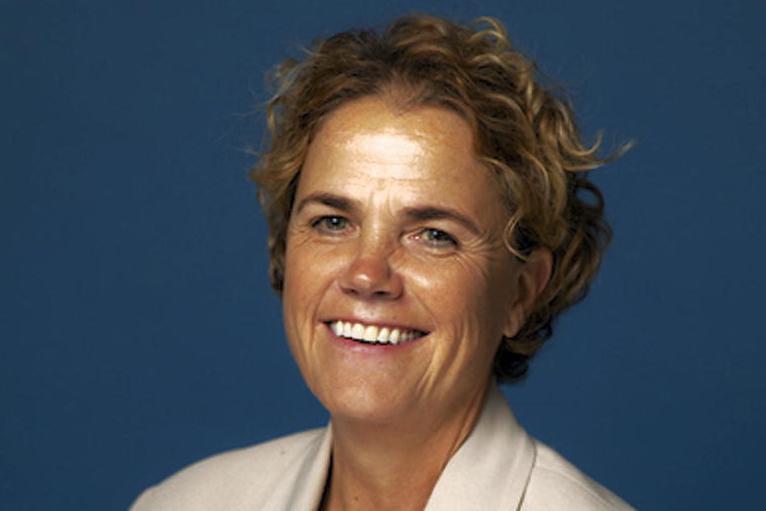
Denise Charton.
“At that time, 29% of all households were in energy poverty – given continuing rising bills, that figure is now estimated at over 40% – the highest level ever recorded,” she says.
“The research shows that groups which were most at risk of energy poverty are older persons, people in rural areas and those on low income. This is a matter of huge concern and needs to be addressed before the onset of winter.”
Empowerment
Denise adds that while support (like checking in on older neighbours or volunteering with community groups) is needed to help our elderly population make it safely through the winter months, it’s even more important to listen to what Irish senior citizens have to say.
“The Community Foundation for Ireland funded research with seven advocacy organisations in 2021 which showed that older people felt ‘cancelled’ during COVID-19,” she says.
“They felt their voices were not heard. That must never happen again. So it is important, as we face another crisis, that we do listen and take on board their views, and don’t just assume that the solutions must be decided for them.”
Read more
'Energy supply to the food chain must be prioritised'
What lies ahead for rural Ireland with energy price increases?
You’ve worked hard and paid your taxes for decades, and now you deserve to be looked after by the State, with a monthly pension, and enjoy your retirement.
But maybe your home is a bit old and draughty. Maybe, with the recent cost of living increases, you’re worried your pension isn’t going to be enough to pay the monthly bills, keep food on the table and keep your home safe, warm and comfortable this winter.
If you are feeling this way, you’re not alone.
According to the June 2022 Economic and Social Research Institute (ESRI) Energy Poverty and Deprivation Report, vulnerable rural populations – including our elderly family members, friends and neighbours – are at a high risk for experiencing energy poverty this winter.
What is energy poverty?
Energy poverty occurs when energy and fuel bills represent a high percentage of a ?consumer’s income. This affects the ability to pay for other necessities. According to the ESRI report, there are two types of energy poverty in Ireland: self-reported energy deprivation and expenditure-based energy poverty. “Self-reported energy deprivation is more likely to capture households going without adequate energy, while energy poverty captures those spending a large portion of their disposable income on energy,” explains ESRI researcher and co-author of the report, Barra Roantree.
“We estimate that electricity and gas increases between January 2021 and April 2022 amounted to €24.20 per week on average for those in rural areas, compared to €19.21 for those in urban areas, with subsequent increases likely to follow similar patterns.”
ALONE
We know that electricity and gas prices are due to rise by an additional 26.7% and 37.5%, respectively, from 1 October, 2022.
Solid fuel, on which many older rural citizens still rely for home heating, has also risen drastically. The price of coal has more than doubled in the space of a year, thanks to commodity prices and an increase in demand (among other reasons). We’re seeing similar increases in wood fuel.
Research from seniors’ charity ALONE tells us Ireland’s elderly population are increasingly worried about the cost of living. A recent survey of the elderly citizens with whom they work indicates 92% are most concerned about paying their energy bills.
The charity says they are hearing accounts of seniors turning off refrigerators, refraining from using gas cookers and cutting back on things perceived to be too expensive (like meat or washing powder). ALONE CEO Seán Moynihan says rural senior citizens are consistently facing financial hardship.

Sean Moynihan.
“A person living alone in receipt of only the State pension is living below the poverty line in rural Ireland,” he states.
“The cost of living increases have hit people in rural areas harder as energy costs, food and transport affect their budgets even more.”
Increase state pension
In its 2023 budget submission to the Government, the charity is calling to increase the state pension entitlement, increase the 28-week fuel allowance season to 35 weeks (and increase the weekly amount by €20 – the allowance is currently €33) and commit to benchmarking the Living Alone Allowance to one quarter of the State pension, among other recommendations.
“We welcome any measures by Government to alleviate the spiralling costs of energy, but all evidence points to targeted measures having the greatest impact,” Seán says.
Active Retirement
Peter Kavanagh is head of communications and public affairs for Active Retirement Ireland. He says energy-saving and retrofitting solutions presented by the Government, up to now, do not meet the needs of Irish senior citizens.

Peter Kavanagh.
“Solar panels, external insulation – if you’re struggling to pay the heating bill, that level of cash fluidity isn’t there,” he explains. “If they’re serious about helping the most vulnerable they need to be up-fronting the costs of these adaptations.”
Peter adds that while the fuel allowance has been topped up, it hasn’t been increased to where it needs to be.
“If increased [in accordance with energy price increases], we’d be looking at €1,500 per year in fuel allowance,” he explains (the current fuel allowance total is €924).
“Energy prices have almost doubled, but the winter fuel allowance hasn’t – it’s just been topped up. So with the winter fuel allowance and the cost of heating your home – the pension still doesn’t cover it.
“Many seniors are preparing to wear their coats inside this winter,” he continues.
“We’re looking at people getting sick or potentially dying because of fuel poverty. And yet [our major energy companies] have posted record profits. So the question is: why is this allowed? The Government and regulator have signed off on these increases and those least able to afford it are carrying the can.”
The Community Foundation for Ireland
The Government is expected to make announcements regarding cost of living and energy price increases in the near future, and June’s ESRI report has been a foundation on which future policy and changes will hopefully be based.
Political agenda
Denise Charton, chief executive of The Community Foundation for Ireland (who funded the ESRI report), says, when first published, its research was the focus of debate in the Oireachtas and moved the issue to the top of the political agenda.

Denise Charton.
“At that time, 29% of all households were in energy poverty – given continuing rising bills, that figure is now estimated at over 40% – the highest level ever recorded,” she says.
“The research shows that groups which were most at risk of energy poverty are older persons, people in rural areas and those on low income. This is a matter of huge concern and needs to be addressed before the onset of winter.”
Empowerment
Denise adds that while support (like checking in on older neighbours or volunteering with community groups) is needed to help our elderly population make it safely through the winter months, it’s even more important to listen to what Irish senior citizens have to say.
“The Community Foundation for Ireland funded research with seven advocacy organisations in 2021 which showed that older people felt ‘cancelled’ during COVID-19,” she says.
“They felt their voices were not heard. That must never happen again. So it is important, as we face another crisis, that we do listen and take on board their views, and don’t just assume that the solutions must be decided for them.”
Read more
'Energy supply to the food chain must be prioritised'
What lies ahead for rural Ireland with energy price increases?








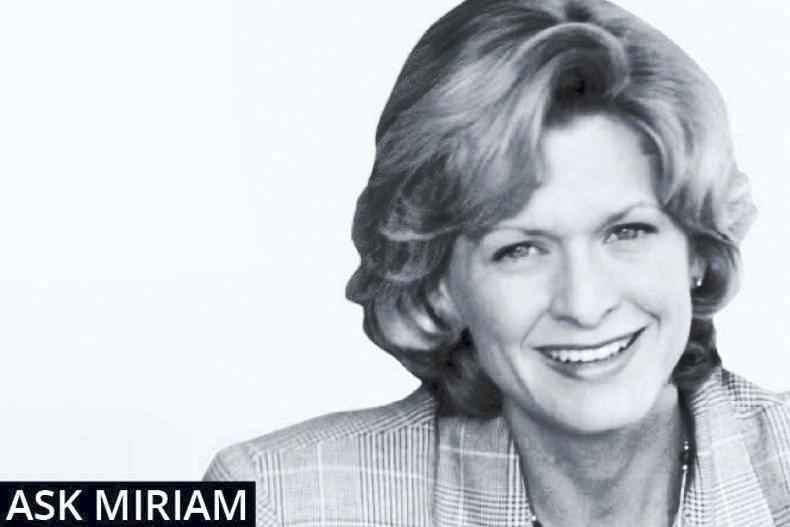
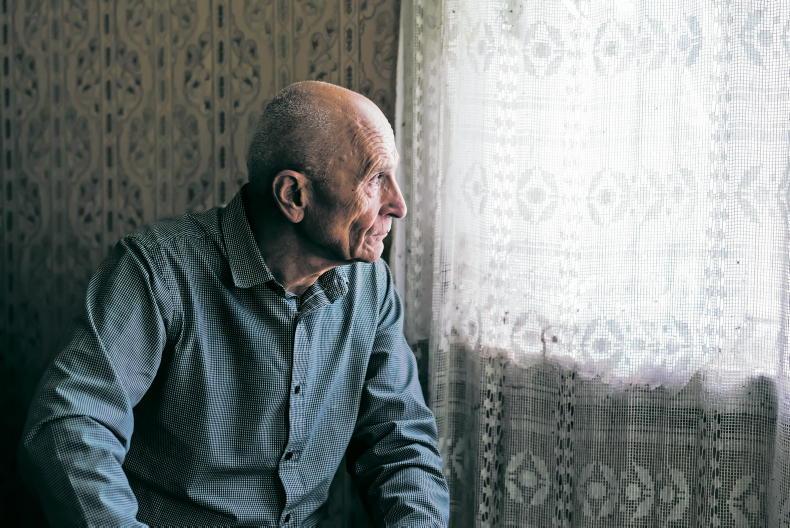

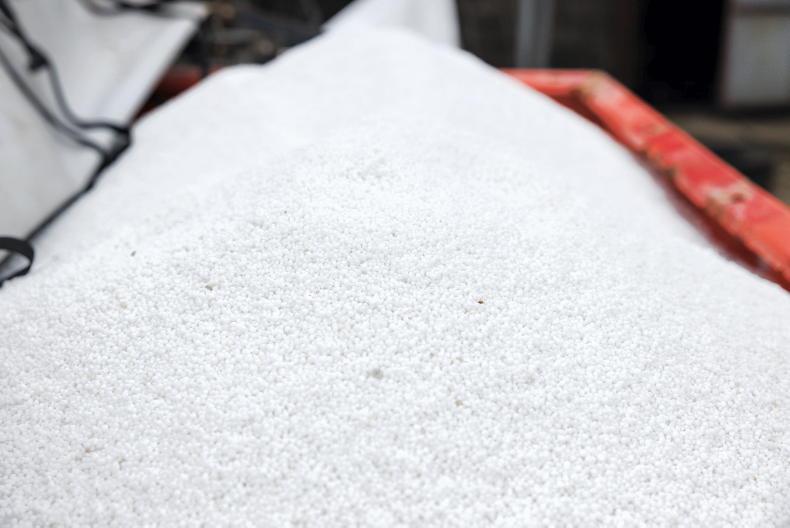
SHARING OPTIONS